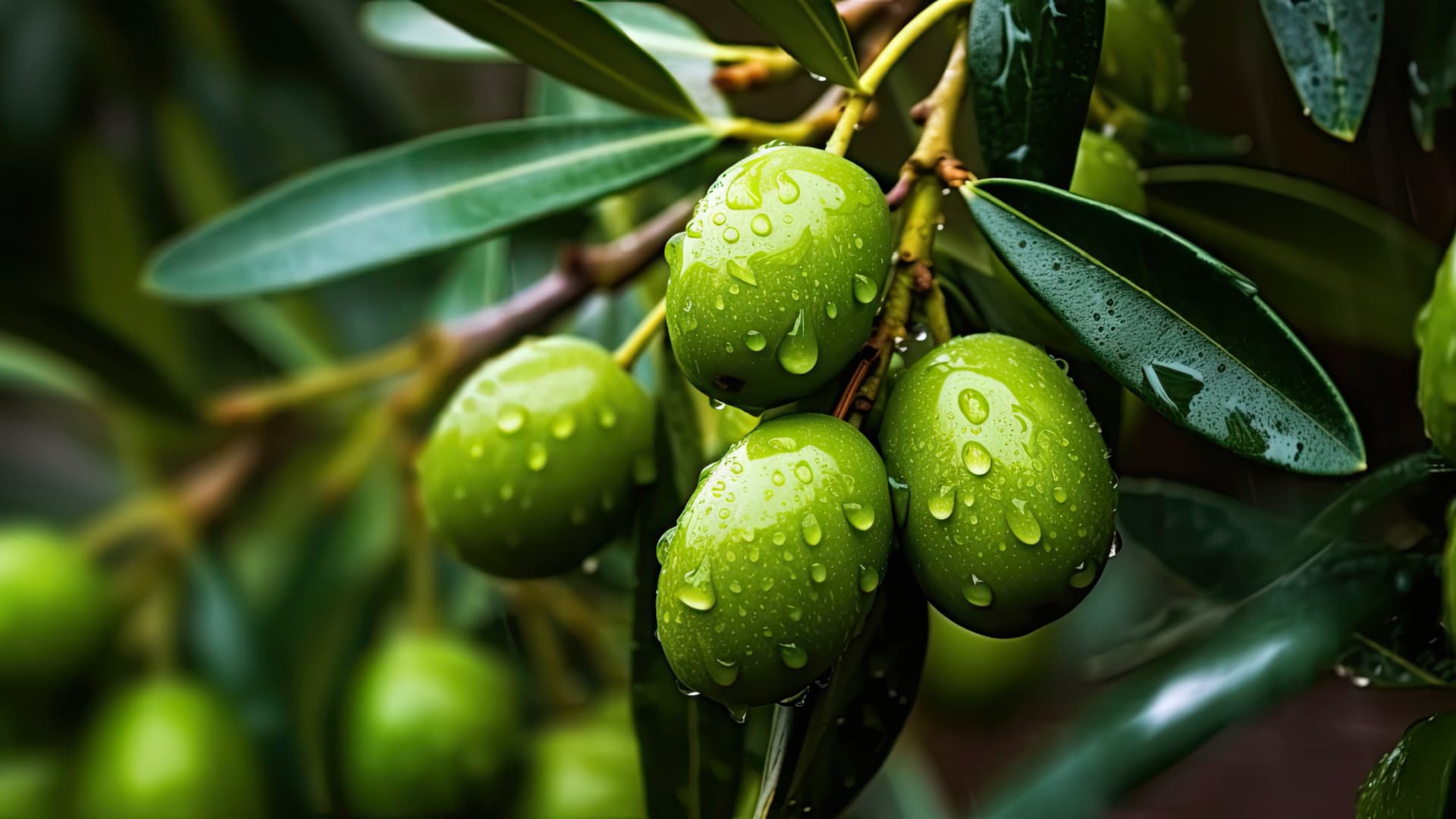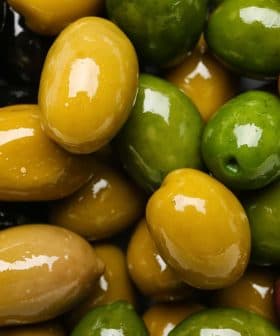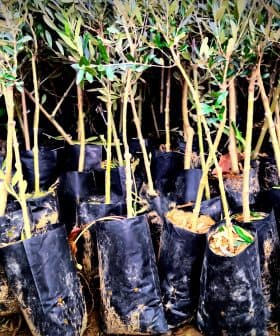Researchers Identify Olive Genes Associated with Fruit Weight

Researchers in Spain have identified nine genes that correlate significantly with fruit weight, an important trait for cultivated olive trees. This study is the first to identify individual genes linked to olive weight, providing a valuable tool for breeding programs and advancing understanding of olive fruit development.
Researchers in Spain have identified nine genes that they said showed a “high statistically significant correlation” with fruit weight.
Historically, fruit weight was the most significant trait sought by farmers when identifying which wild olive cultivars to domesticate, along with oil content and ability to grow in anthropogenic environments.
“Larger fruit size is extremely important in cultivated olive trees to facilitate harvesting,” researchers from the University of Jaén and the Institute of Agricultural and Fisheries Research and Training (Ifapa) wrote in the study published in Plants.
See Also:Researchers Work to Reverse Genetic Erosion, Breed Resilient Olive Varieties“Therefore, fruit size in traditional olive cultivars is much bigger than in wild ones,” they added. “However, as the long juvenile period is a main hindrance in classic breeding approaches, obtaining genetic markers to be used in breeding programs for this trait is a highly desirable tool.”
According to the researchers, this was the first study identifying individual genes linked with olive weight. The Discover Foundation, an Andalusian government research support group that funded the study, hailed the findings as a significant advancement in understanding the genetics of olive fruit development.
The researchers used data from the genomes of 40 cultivated olive varieties and ten wild olive tree species, which they had previously sequenced, selecting representative samples of each variety with olives of different weights.
They said the 40 cultivated olive varieties represent more than 90 percent of the genetic variability of domesticated olive tree varieties. They added that the ten wild varieties sequenced represented a broad geographical sample of non-domesticated olive trees.
The researchers extracted DNA from the 50 specimens using a genome-wide association study analysis, which they said was similar to “reading” and assembling DNA as if it were a detailed instruction manual.
By doing this, they found 113 genetic markers grouped into several clusters. The researchers then ran a statistical analysis to detect correlations between the clusters of genetic markers and cross-referenced between the olive samples.
As a result, they determined that 18 of 31 markers clustered into nine groups were linked with fruit size and weight, suggesting nine genes are involved in determining fruit size.
“Checking specific genetic markers, such as those that determine the weight of the olive, facilitates the selection of trees with beneficial characteristics, thus speeding up the genetic improvement process,” said Francisco Luque, a researcher from the University of Jaén and co-author of the study. “It is like opening a manual for each tree that tells us its qualities.”
“For example, if a very young olive tree is analyzed and it is concluded through a genetic analysis that the fruit will have a mediocre weight, the decision could be made to discard it and use resources on a specimen whose genetic markers indicate that the olive will weigh more,” he added.
The researchers now plan to use a similar method to identify the genetic markers and genes that influence the production of polyphenols in different olive varieties. They believe this will help farmers produce olives with greater organoleptic value and health benefits.
“We want to identify the genes responsible for the production of different polyphenols and between different varieties of olive trees and determine why some fruits have a greater amount of these molecules than others,” Luque said.









